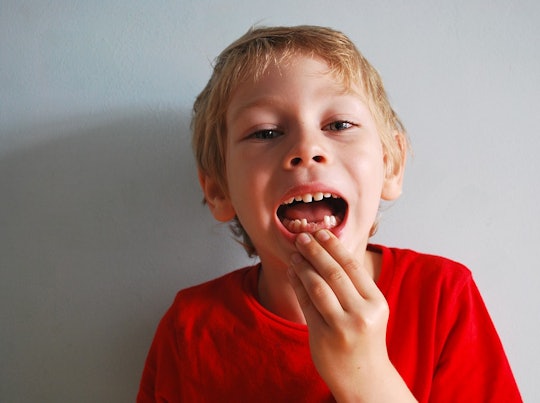While no one cause has been able to definitively explain why some children develop autism, a new study has found that baby teeth show a link between exposure to metals — both heavy toxic metals like lead and nutrients like zinc — and the neurological disorder that affects nearly one in 68 children in the United States. The researchers suggest that intake of several types of metals can increase a child’s autism risk.
To get to these findings, scientists looked at a small sample of baby teeth — 16 pairs of identical and fraternal twins in Sweden — from children, or at least of the siblings, who had been diagnosed with autism by the time they were 18 years old, according to the study published in the science journal Nature Communications. They then compared this sample with baby teeth from another 22 pairs of twins who were developing normally.
The researchers found that “significant divergences are apparent in metal uptake” between twins with autism and their siblings who were not diagnosed with the neurodevelopmental disorder, according to the study.
“Teeth are like 'biologic hard drives' - information is constantly being captured in their growth rings as teeth grow, starting in prenatal development,” Dr. Manish Arora, lead author of the study, told Reuters. “By uncovering information from teeth, we can reconstruct what an individual experienced in utero and in childhood.”
As Reuters reported, those with autism showed a higher uptake of lead — a heavy metal and brain toxin — while they showed a lower intake of essential nutrients like manganese and zinc — two critical minerals for health development — having been exposed to these during late pregnancy and the first few months after birth. "What’s more, three months after birth, the amount of toxic metals in teeth could predict the severity of [Autism Spectrum Disorder] ages 8 to 10 years," according to Reuters.
Although the researchers noted that it's still too soon to make any official dietary and exposure recommendations for parents to follow, they are "encouraged" by these findings as it could help provide more insight into the "origins of autism" and will hopefully be able to establish medical guidelines for the future, according to ABC News.
"We have identified the time period when we are most susceptible," Arora told ABC News. "We hope to be able to provide clinical recommendations to help as we continue to do more research."
In the meantime, concerned parents can make sure they are aware of the early signs of autism so they can act immediately and help their little ones cope with the disorder.
